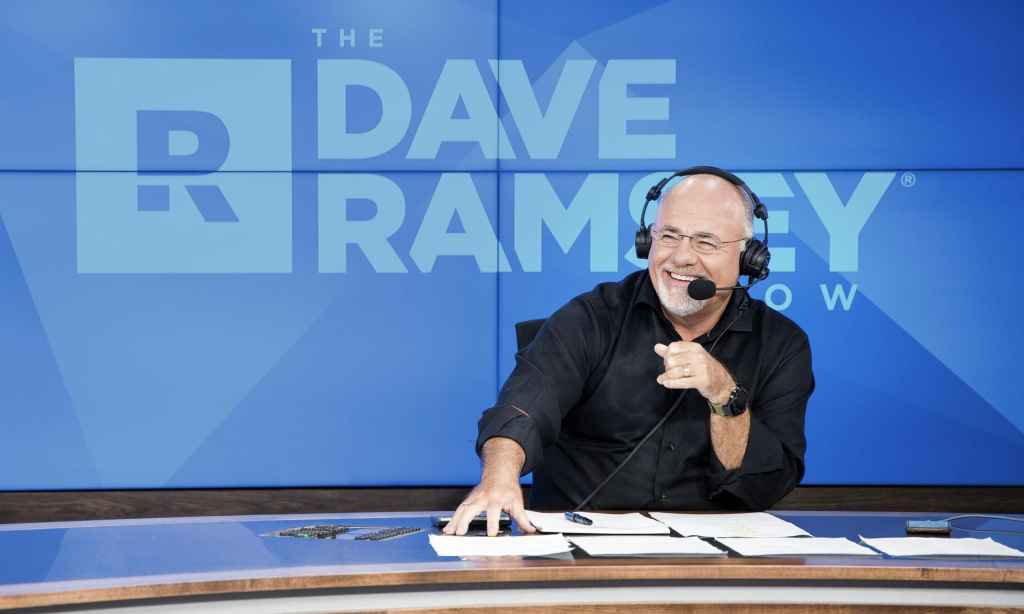For more than two decades, financial expert Dave Ramsey has commanded one of the largest audiences in media, reaching over 15 million listeners weekly on his radio show. This week, Ramsey made headlines by expressing his clear support for Donald Trump in the 2024 election. With his straightforward approach, he urged his audience to consider their own voting choices based on policies they care about most.
Ramsey presented a series of questions to his listeners, encouraging them to think critically about their political preferences. “Where am I most likely to get a tax policy that I like? Where am I most likely to get an immigration policy I like? Where am I most likely to get a foreign policy I like? Where am I most likely to get a gun policy I like?” he asked. He then emphasized that for him, the choice is simple: Trump is the superior candidate. “I’m gonna tell you, I’m voting for Donald Trump,” he announced, making his stance unmistakably clear.
Ramsey acknowledged that his endorsement could come at a cost, as some listeners may choose to stop tuning in. Yet, he remained unfazed, saying, “Some of you are never gonna listen to me again after this. That’s okay. I can deal with that. That has happened to me for 30 years.” Confident in his position, Ramsey pointed out that attempts to “cancel” him are unlikely to succeed, explaining that he owns his own show. “People have threatened me like, ‘I’m going to cancel you.’ That’s hard to do. I own the show, and so you’re not gonna get to cancel me. So you can leave, but you can’t cancel me.”
Unlike many other media figures, Ramsey’s financial independence and proprietary control over his brand allow him to speak freely, without fear of being silenced. This autonomy makes him one of the few voices in media who can genuinely claim to be uncancelable. His willingness to endorse Trump openly, despite potential backlash, reflects his commitment to standing by his values and policies that resonate with him and his listeners.
Ramsey’s endorsement strategy revolves around his primary concerns: taxes, immigration, foreign policy, and gun rights. He isn’t alone in this approach, as many voters prioritize similar issues when choosing a candidate. By clearly aligning these concerns with Trump’s policies, Ramsey offers his listeners a perspective grounded in his own straightforward financial and political principles.
As the election draws near, figures like Ramsey continue to influence the conversation, reminding Americans to vote based on the issues that matter most to them. Whether listeners agree or not, his unapologetic approach highlights the importance of making an informed choice in an increasingly polarized landscape.

